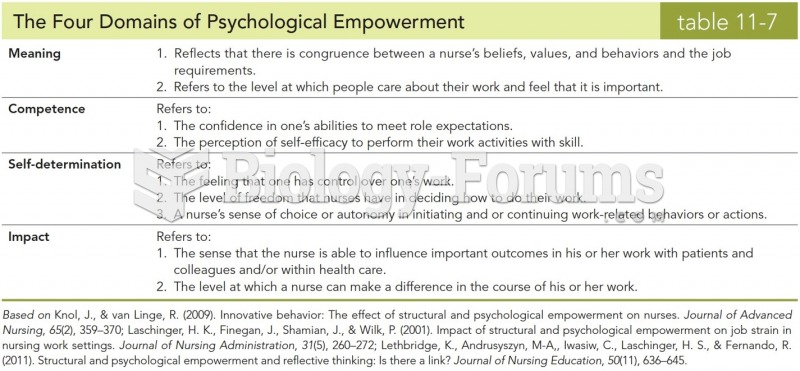Answer to Question 1
Answer: Centralization is the degree to which decision making takes place at upper levels of the organization. If top managers make key decisions with little input from below, then the organization is more centralized. On the other hand, the more that lower-level employees provide input or actually make decisions, the more decentralization there is. Centralization-decentralization is not an either-or concept. The decision is relative, not absolute that is, an organization is never completely centralized or decentralized. The goal is the optimum and efficient use of employees. Traditional organizations were structured in a pyramid, with power and authority concentrated near the top of the organization. But organizations today have become more complex and responsive to dynamic changes in their environments. As such, many managers believe that decisions need to be made by those individuals closest to the problems, regardless of their organizational level. In fact, the trend over the past several decades at least in U.S. and Canadian organizations has been a movement toward more decentralization in organizations.
Today, managers often choose the amount of centralization or decentralization that will allow them to best implement their decisions and achieve organizational goals. What works in one organization, however, won't necessarily work in another, so managers must determine the appropriate amount of decentralization for each organization and work units within it.
As organizations have become more flexible and responsive to environmental trends, there has been a distinct shift toward decentralized decision making. This trend, also known as employee empowerment, gives employees more authority (power) to make decisions. In large companies especially, lower-level managers are closer to the action and typically have more detailed knowledge about problems and how best to solve them than do top managers.
Answer to Question 2
Answer: A







